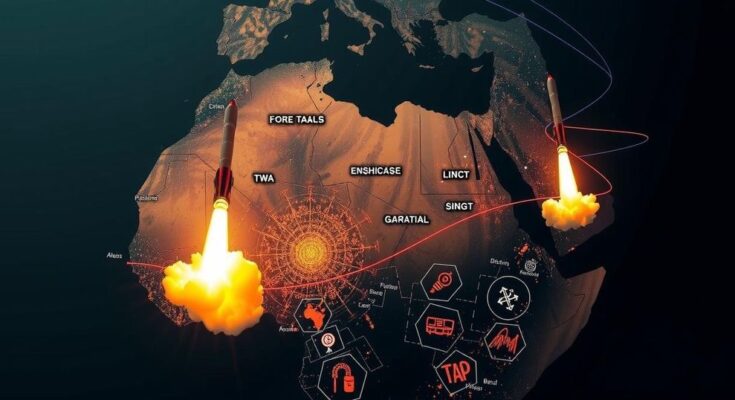A wave of satellite launches in Africa, marked by Senegal’s GaindeSAT-1A, reflects a growing desire for technological sovereignty. While costs for launching satellites have fallen, enabling nations to engage more, dependency on foreign expertise and infrastructure remains a challenge. The focus must shift to addressing regional needs through satellite data rather than merely expanding into space for prestige.
The recent surge in African satellite launches marks a significant development for the continent, as nations like Senegal, Djibouti, and Zimbabwe achieve their first operational satellites. The CubeSat GaindeSAT-1A from Senegal embodies a step toward technological sovereignty, enabling improved telecommunications and earth observation. Economical launch costs have democratized access to space technology for smaller nations, allowing them to tackle regional challenges more effectively. Yet, the absence of local launch facilities and reliance on foreign support highlight ongoing hurdles. Experts emphasize that African nations must develop their capabilities to respond to climatic threats and leverage satellite data for local needs, rather than engaging in space exploration solely for prestige. Ultimately, while foreign partnerships bring opportunities, the future of African space activities depends on cultivating indigenous expertise and infrastructure.
The landscape of space exploration in Africa is rapidly evolving, with increasing interest and participation from a diverse array of nations. Historically, African countries have depended on foreign technology and expertise to reach orbit, but recent reductions in launch costs are enabling more nations to consider independent satellite programs. This shift not only has implications for national pride and technological independence but also emphasizes the practical applications of satellite technology in addressing pressing issues such as climate monitoring and telecommunications.
In summary, the recent increase in satellite launches by African nations indicates a burgeoning space industry that holds the promise of technological independence. With countries like Senegal leading the way, there is both a notable opportunity and responsibility to ensure that satellite technology is used for local benefit. As the continent navigates its path forward, the cultivation of homegrown expertise and infrastructure will be essential in meeting the challenges of climate change and in maximizing the potential of space technologies.
Original Source: www.bbc.com




